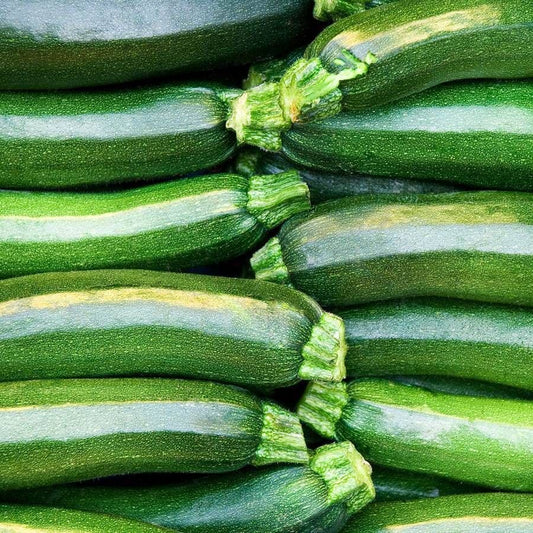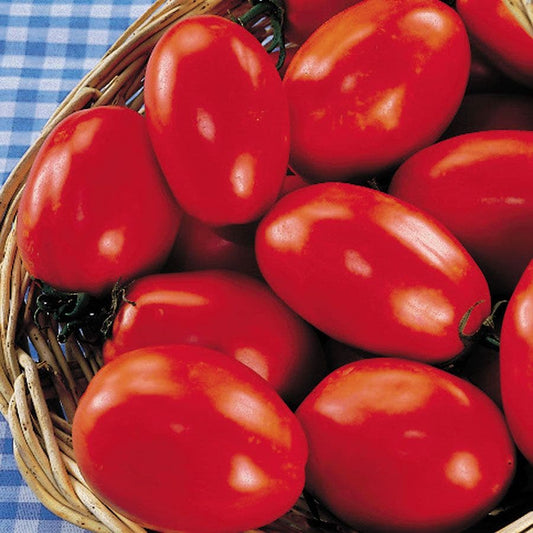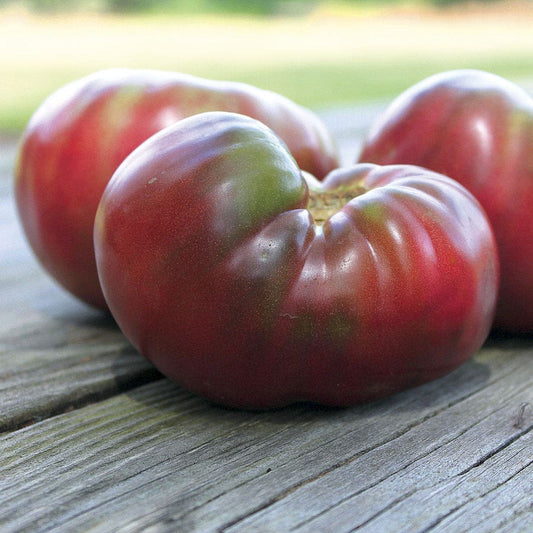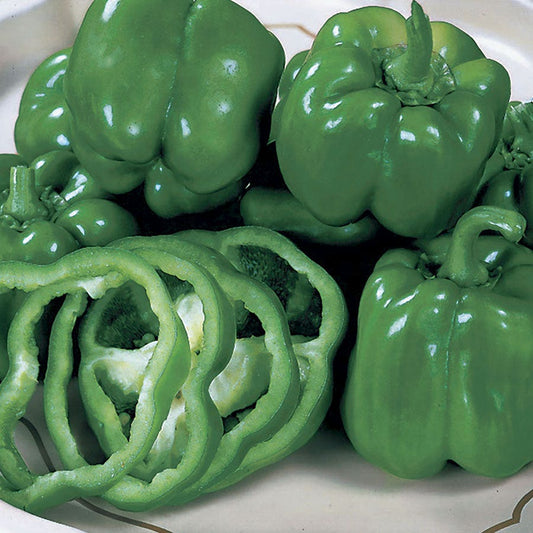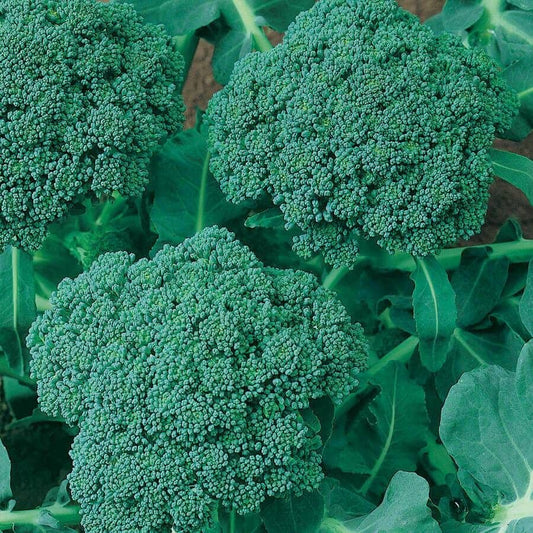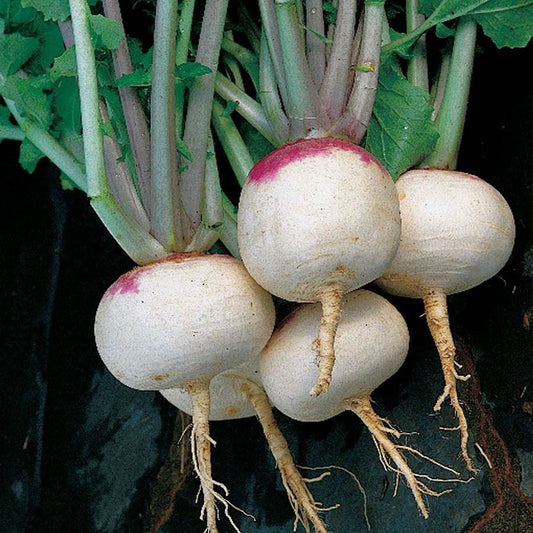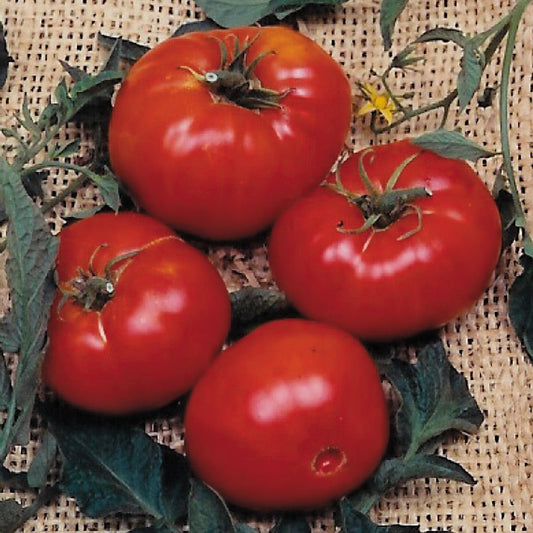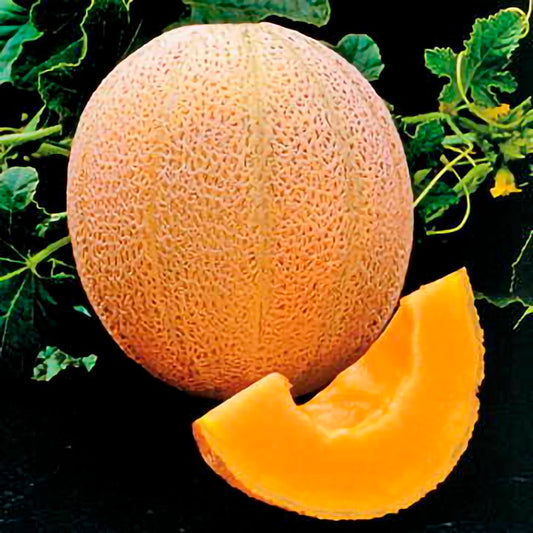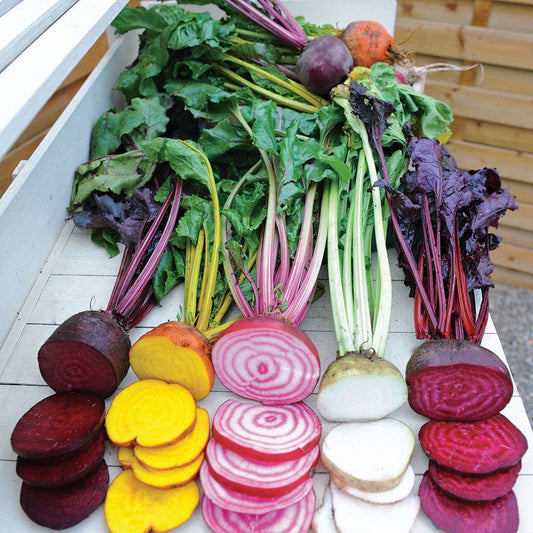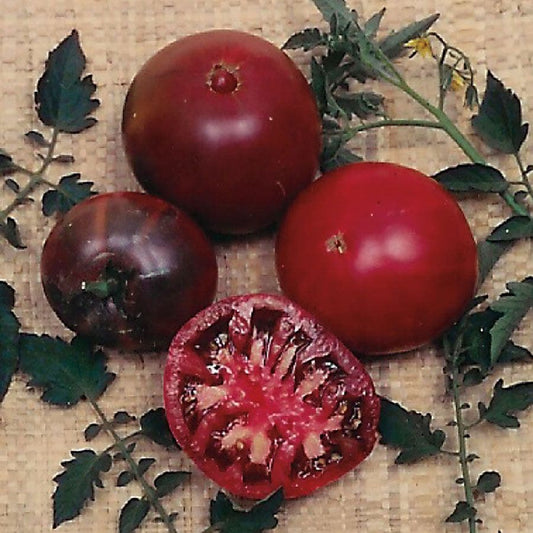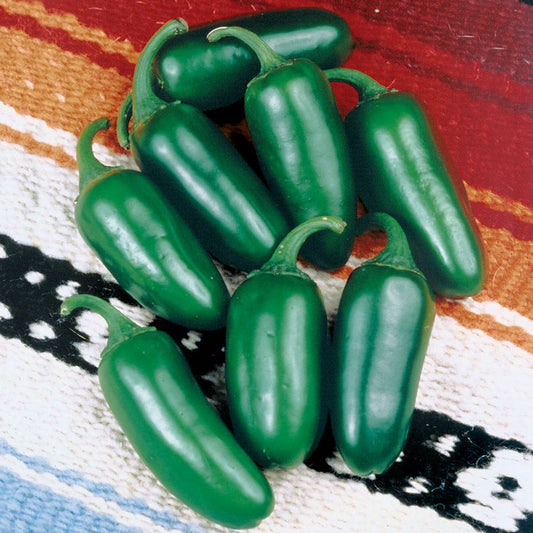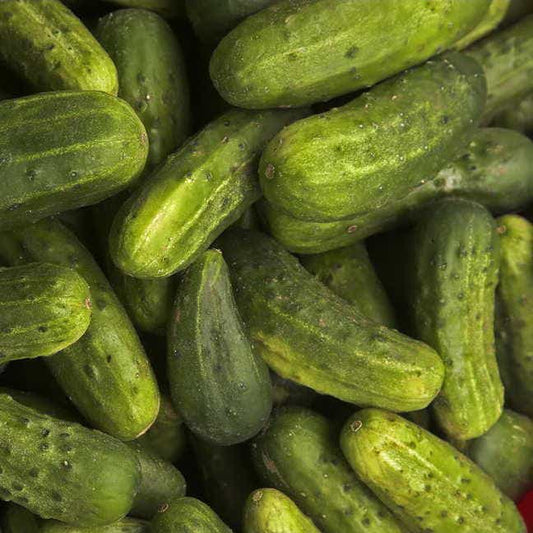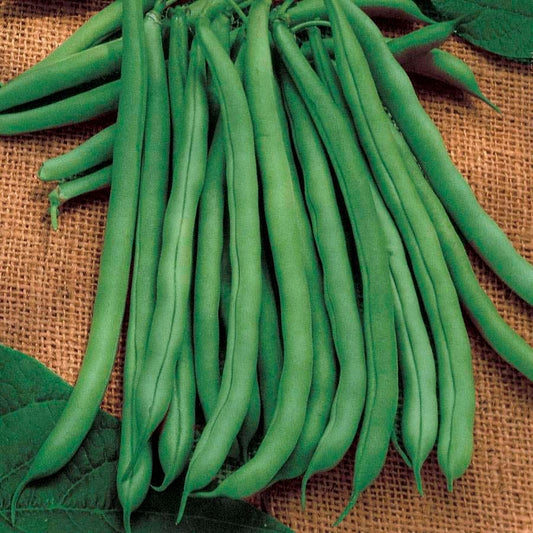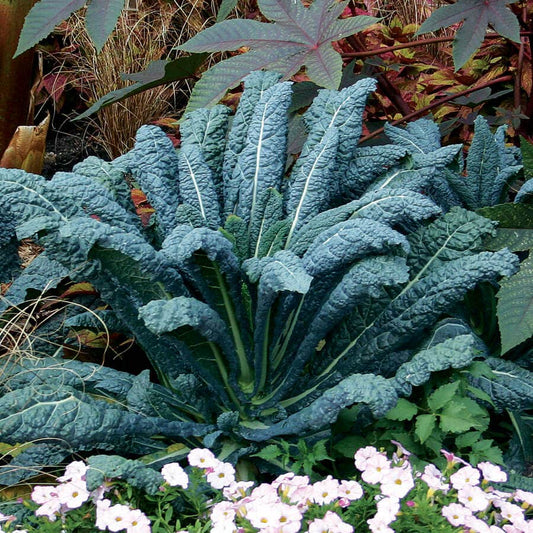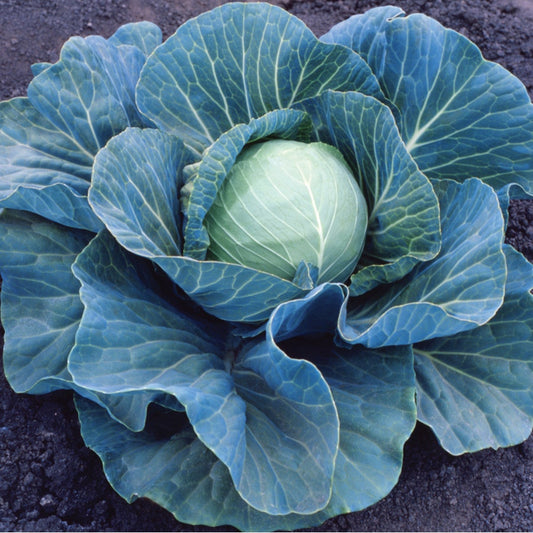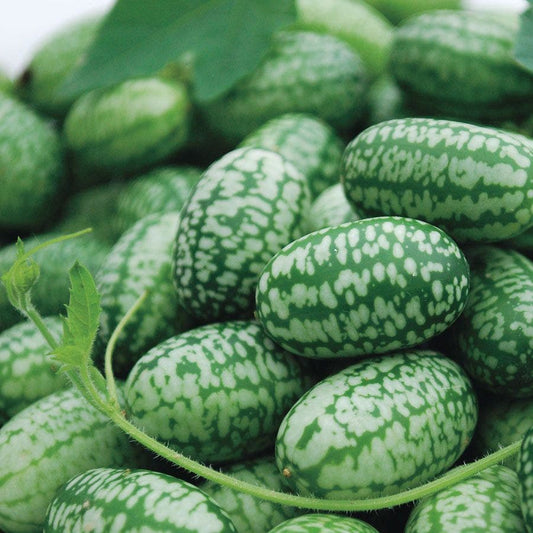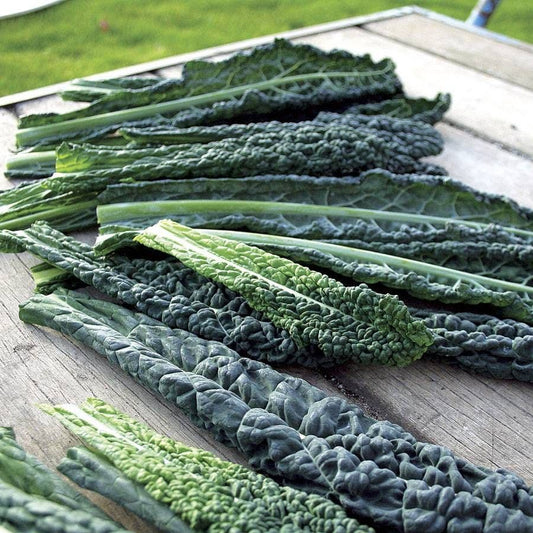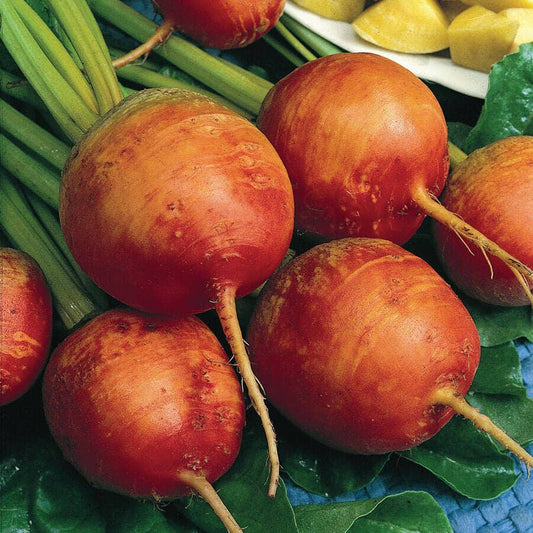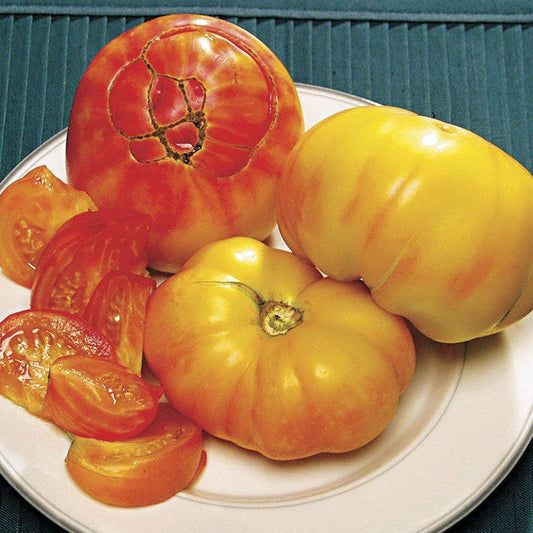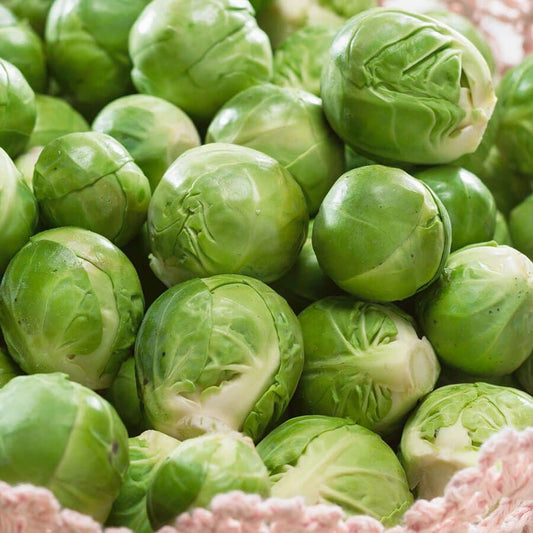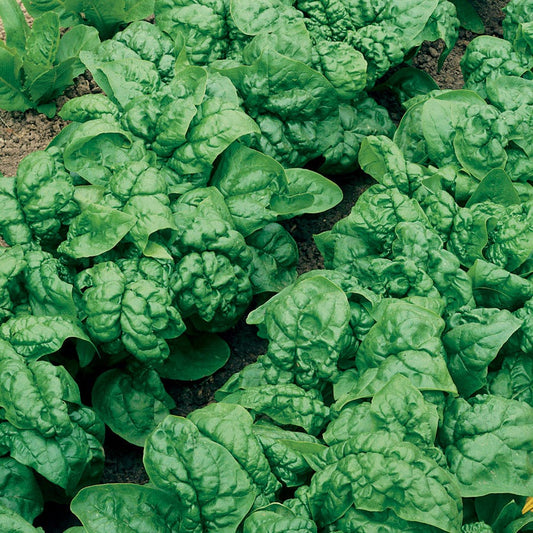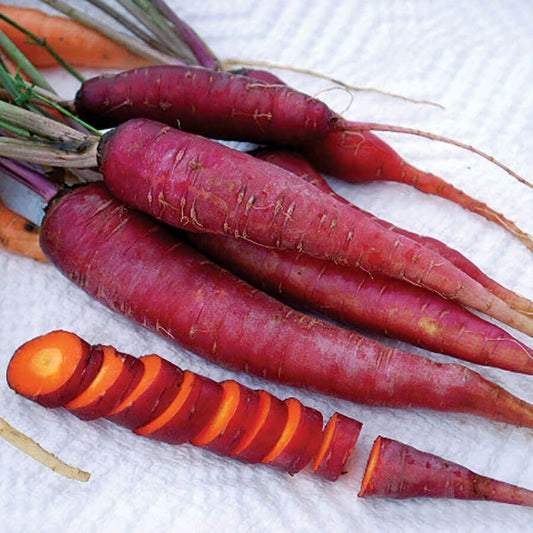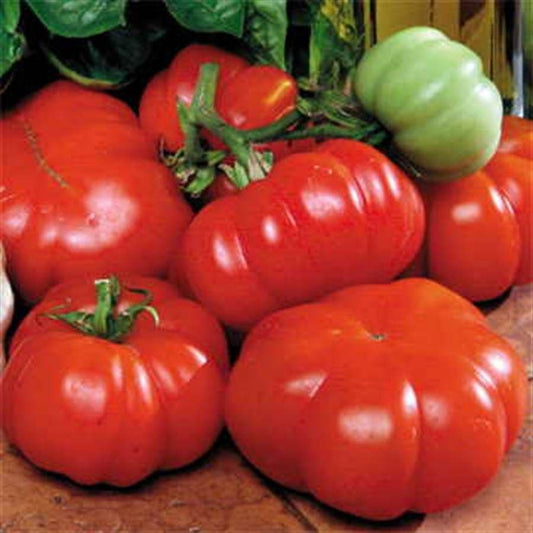Heirloom Vegetable Seeds
Heirloom vegetable seeds bring the flavors of the past straight to your garden. These non-GMO seeds are open-pollinated and passed down for generations, offering rich taste and strong performance. Explore over 60 heirloom vegetable varieties and find the best seeds for your garden.
-
Dark Green Heirloom Zucchini Squash Seeds
Regular price $2.95Regular priceUnit price / per$2.95Sale price $2.95 -
San Marzano Organic Tomato Seeds
Regular price $2.95Regular priceUnit price / per$2.95Sale price $2.95 -
Tomato Cherokee Purple - Organic Seeds
Regular price From $2.95Regular priceUnit price / per$2.95Sale price From $2.95 -
California Wonder Organic Pepper Seeds
Regular price From $2.95Regular priceUnit price / per$2.95Sale price From $2.95 -
Waltham 29 Heirloom Broccoli Seeds
Regular price $2.95Regular priceUnit price / per$2.95Sale price $2.95 -
Purple Top White Globe Turnip Seeds
Regular price $2.95Regular priceUnit price / per$2.95Sale price $2.95 -
Brandywine Tomato Seeds
Regular price From $2.95Regular priceUnit price / per$2.95Sale price From $2.95 -
Hale's Best Organic Melon Cantaloupe Seeds
Regular price From $2.95Regular priceUnit price / per$2.95Sale price From $2.95 -
Rainbow Mix Beet Seeds
Regular price From $4.95Regular priceUnit price / per$4.95Sale price From $4.95 -
Black Krim Tomato Seeds - Organic
Regular price $2.95Regular priceUnit price / per$2.95Sale price $2.95 -
Early Jalapeño Organic Pepper Seeds
Regular price From $2.95Regular priceUnit price / per$2.95Sale price From $2.95 -
National Pickling Cucumber Seeds
Regular price $2.95Regular priceUnit price / per$2.95Sale price $2.95 -
Blue Lake 274 Garden Bean Seeds
Regular price From $3.50Regular priceUnit price / per$3.50Sale price From $3.50 -
Lacinato Kale Seeds
Regular price $3.95Regular priceUnit price / per$3.95Sale price $3.95 -
Stonehead Hybrid Cabbage Seeds
Regular price From $4.95Regular priceUnit price / per$4.95Sale price From $4.95 -
Cucamelon Mexican Sour Gherkin Seeds
Regular price $2.95Regular priceUnit price / per$2.95Sale price $2.95 -
Black Magic Kale Seeds
Regular price $2.95Regular priceUnit price / per$2.95Sale price $2.95 -
Heirloom Cutting Blend Lettuce Seeds
Regular price From $3.95Regular priceUnit price / per$3.95Sale price From $3.95 -
Detroit Golden Heirloom Beet Seeds
Regular price From $4.95Regular priceUnit price / per$4.95Sale price From $4.95 -
Pineapple Tomato Seeds
Regular price $2.95Regular priceUnit price / per$2.95Sale price $2.95 -
Catskill Brussels Sprouts Seeds
Regular price $2.95Regular priceUnit price / per$2.95Sale price $2.95 -
Bloomsdale Long Standing Spinach Seeds
Regular price From $4.95Regular priceUnit price / per$4.95Sale price From $4.95 -
Dragon Purple Carrot Seeds - Heirloom
Regular price $2.95Regular priceUnit price / per$2.95Sale price $2.95 -
Costoluto Genovese Tomato Seeds
Regular price $2.95Regular priceUnit price / per$2.95Sale price $2.95
Heirloom Vegetable Seeds
What is the Difference Between Heirloom and Heritage Seeds?
Heirloom and heritage seeds are often used to describe the same thing—plants that have been passed down through generations. The main difference is that "heirloom" refers specifically to plant varieties that are at least 50 years old, while "heritage" is a broader term sometimes used for older animal breeds too.
Both terms celebrate traditional gardening and flavor-packed harvests. You can find a wide range of heirloom vegetable seeds in our collection, including trusted favorites that have stood the test of time.
Are Heirloom Seeds Hard to Grow?
No, heirloom seeds aren't hard to grow. In fact, they grow just like modern hybrids, and in many cases, they’re even easier. These plants have adapted over decades to thrive in backyard gardens and home soil conditions.
Whether you’re a beginner or an experienced gardener, you’ll enjoy the reliability and resilience of heirloom varieties. If you’re new to gardening, check out our vegetable gardening guides for tips on how to get started.
What Vegetables Are Heirloom?
Many popular vegetables have heirloom versions, including:
-
Heirloom tomato seeds (like Brandywine and Cherokee Purple)
-
Heirloom bean seeds (such as Kentucky Wonder and Blue Lake)
-
Heirloom peppers (like Jimmy Nardello and California Wonder)
-
Heirloom pickling cucumbers
-
Squash, lettuce, and more!
Each variety offers unique colors, shapes, and tastes you won’t find in store-bought produce.
Can You Replant Seeds from Heirloom Plants?
Yes, one of the biggest benefits of heirloom seeds is that they’re open-pollinated. That means you can save seeds from your harvest and plant them next season, and they’ll grow true to the parent plant.
To get the best results for replanting, make sure your heirloom plants grow in the right conditions. Use well-drained, nutrient-rich soil, and add compost to keep it fertile.
Most heirloom vegetables need at least 6–8 hours of full sun each day. Keep the soil evenly moist—watering deeply a few times a week is better than shallow daily watering.
Avoid cross-pollination by separating different varieties of the same plant, especially with crops like squash, beans, and peppers. Once your vegetables are mature, choose the healthiest and most productive plants for seed saving.
Allow seeds to fully ripen before collecting and storing them in a cool, dry place. It’s a great way to become more self-sufficient and keep your favorite varieties going year after year.
What Are the Benefits of Planting Heirloom Vegetables?
Heirloom vegetables offer several advantages, including:
-
Better flavor – These varieties are grown for taste, not shelf life.
-
Diverse colors and shapes – Enjoy a more colorful, exciting harvest.
-
Seed-saving potential – Grow and replant year after year.
-
A connection to the past – These are generational vegetable seeds, full of history and tradition.
Ready to start? Browse our collection of non-GMO heirloom seeds and plant your dream garden now.
